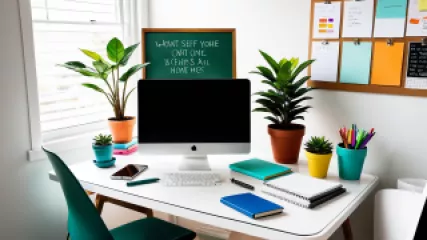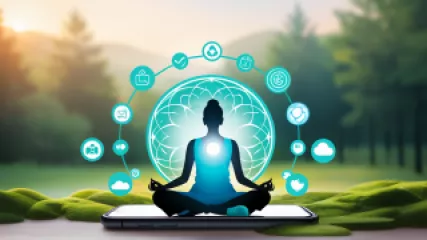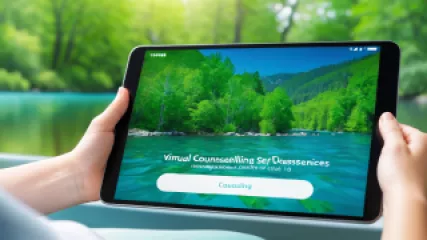How to Leverage Social Media Advertising for Maximum Impact
1 year ago
Impact of Advertising
Exploring Self-Identity: The Ultimate Guide to Discovering Your Authentic Self
1 year ago
Discovering Personal Identity
5 Self-Help Tools to Overcome Loneliness
1 year ago
Dealing with Loneliness
The Ultimate Self-Discovery Journey: Finding Your Authentic Identity
1 year ago
Discovering Self Identity
How Can Mindfulness Help Parents Find Balance and Harmony?
1 year ago
Mindfulness for Parents
How to Stay Motivated: 7 Proven Techniques
1 year ago
Motivation
How to Manage Anxiety with Digital Mental Health Support
1 year ago
Anxiety
10 Mindfulness Practices to Help Parents Find Balance and Harmony
1 year ago
Mindfulness for Parents
Groundbreaking Adolescent Counseling Research Insights
1 year ago
Adolescent Counseling
10 Best Mindfulness Practices for Busy Parents
1 year ago
Mindfulness for Parents
Lessons from "Inside Out" on Overcoming Anxiety
1 year ago
Anxiety
What Is The Best Way to Change Your Mindset for Greater Mental Clarity?
1 year ago
Mindset Change
Top 10 Virtual Counseling Options for Struggling Teens
1 year ago
Adolescent Counseling
Altruism in Practice: A Step-by-Step Guide to Cultivating Compassion
1 year ago
Psychology of Altruism
How to Overcome Loneliness: 5 Effective Strategies
1 year ago
Dealing with Loneliness















